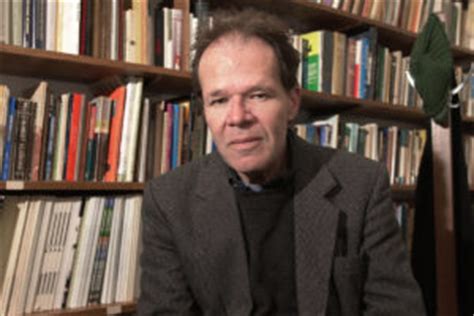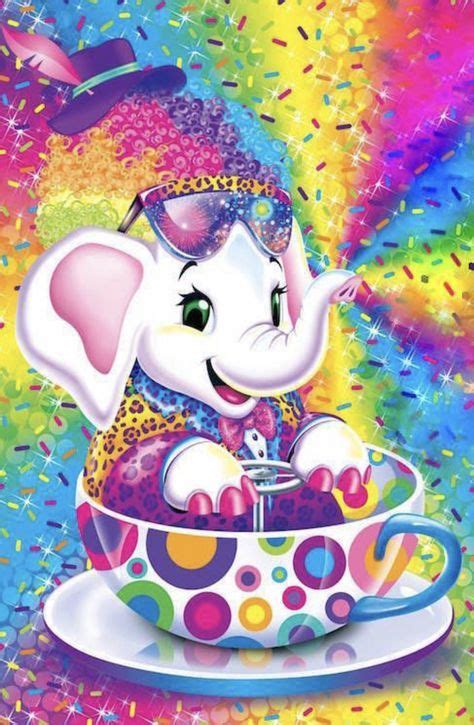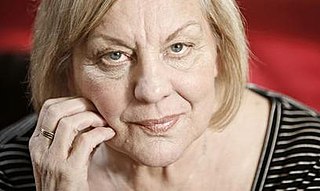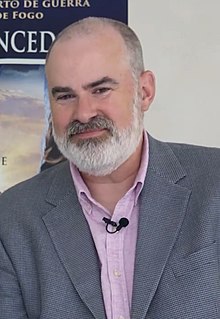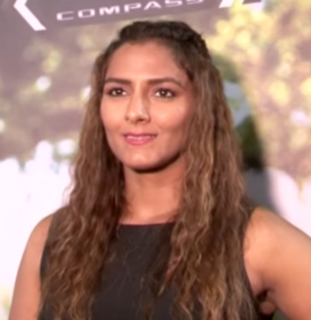A Quote by Warren MacKenzie
We could make our own pots on the weekends and in the evenings, and we used to do that, and these would be fired in the big kiln, along with all the standard ware that we were producing, but this wasn't quite what we had expected when we read The Potters Book.
Related Quotes
At the end of that two weeks Bernard [Leach] asked us if we would like to sit with him tending the kiln, the big oil-fired kiln that they had. He was still sitting what we call a kiln watch at that time, and he wondered if we would like to sit the watch with him and talk. So naturally this was our last opportunity to talk with him, so we said yes. We didn't realize Bernard's kiln watch was from 1:00 in the morning until 4:00 AM.
In looking at these pots at the Field Museum, Alix [MacKenzie] and I both came to a conclusion individually but also collectively that the pots that really interested us were the pots that people had used in their everyday life, and we began to think - I mean, whether it was ancient Greece or Africa or Europe or wherever, the pots that people had used in their homes were the ones that excited us.
I think back to some of the pots we made when we first started our pottery, and they were pretty awful pots. We thought at the time they were good; they were the best we could make, but our thinking was so elemental that the pots had that quality also, and so they don't have a richness about them which I look for in my work today. Whether I achieve it all the time, that's another question, because I don't think a person can produce at top level 100 percent of the time.
I had to share a room with my sister, who is five and a half years older than I am. We didn't get along well, and I felt that I had no privacy. So books were my privacy, because no one could join me in a book, no one could comment on the action or make fun of it. I used to spend hours reading in the bathroom -- and we only had one bathroom in our small apartment!
We never had a catalogue; we never said we were going to duplicate these pots this year and next year and the year after that and so forth. We did make many pots which were repeated, but we allowed them to change and to grow as we changed and grew, and I think that was the big difference. And that's all right; we were working for ourselves. We didn't have anybody we had to pay.
Friends of Bernard's [Leach] came to visit, and when we went to London, we were given introductions to people like Lucie Rie, Hans Coper, Richard Batram. All these people were, let's say, made available to us by a friendship with Leach. In addition there was a potter's group - what was it called? I think it was called the Cornish Potters Society, but I'm not sure of that. Anyway, they had meetings and we would go with Leach to these meetings and meet other potters, and they would have programs where they would discuss pottery and people would interchange ideas.
I used to comfort myself with the idea of a book with serrated, detachable pages, so that you could read the thing the way it came and then shuffle the pages, like a giant deck of cards, and read the book in an entirely different order. It would be a different book, wouldn't it? It would be one of infinite books.
Well, at the end of our movie Fireproof, we released a book that my brother Stephen and I wrote called The Love Dare. It was for couples. That book had a much larger impact than we expected. As a matter of fact, if I could use the term "overwhelmed," we were. The book went on to become a New York Times bestseller and sold over five-million copies and is now in 28 different countries and languages. So, we were blessed and just surprised at how well that did.
Our akhara was very basic. It was just a little opening next to where the animals were tied. We had to first dig the soil with our bare hands, make it loose, before we could begin our session. I used to hate it. It also used to be either too hot or too cold. There were no mats, no mattresses, nothing.




